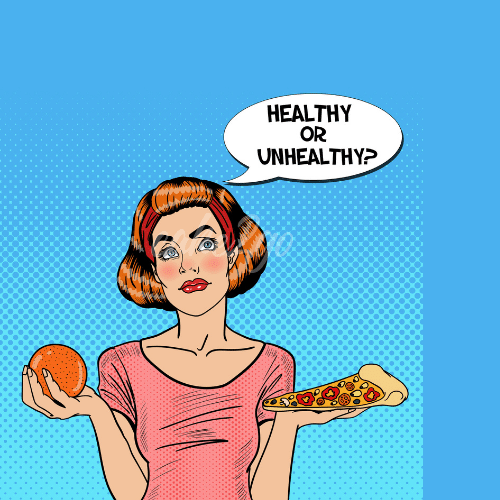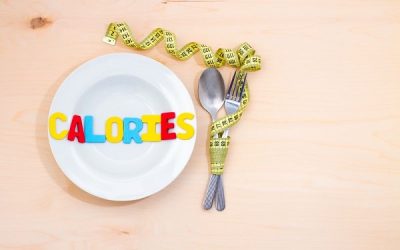One of the reasons that it can be difficult to lose weight and even harder to keep it off can often be due to the hunger that you feel from eating less food. Dieting can make you feel like all you think about is food. You may even feel hungrier than you typically do simply because you are placing such an important focus on food.
There is nothing like dieting to make you feel as though you have suddenly turned into a bottomless pit, or to make you feel as though you might have a tape worm. Don’t worry, that’s not the case. It is perfectly normal, especially in the beginning when you are becoming accustomed to your new habits. Drastic calorie reduction is one of the most common causes of hunger.
It is also normal to experience food cravings as you never have before. This is the result of many things, including a re-balancing of your blood sugar levels. But what is really behind that hunger that just doesn’t seem to want to leave you alone? Let’s review the most common causes of your hunger so that you can do what you can do reduce the craving to eat.
The following are some of the most common causes of your hunger. By understanding them, you will be better prepared to overcome them:
• Your metabolism is running quickly – whether it is because you’re exercising more, you’re taking a metabolism boosting diet pill, or you’re just gifted with a fast metabolism (because you have built up muscle or because of genetics), you may be burning through food more quickly than the people around you, which makes it seem as though you are hungry sooner than they are after eating the same amount. Keep a few healthy, low cal snacks around to keep cravings under control.
• You’ve eaten processed foods – there is nothing like refined sugar and flour to cause your blood sugar levels to spike and crash. Salad dressings, breads, cookies, muffins, or even that lasagna you heated up for lunch can lead your blood sugar all over the map and it one of the top causes of your hunger. Try to focus on more whole foods to get your blood glucose levels under control.
• You are experiencing hormonal changes – hormones can play some astounding games on the way that we feel, from our moods to our hunger levels and even the amount of pain that we experience. You could be going through PMS, you might be premenopausal, or you could have an over- or under-active thyroid. If you can’t track down the source of your extreme hunger levels, you might want to make a doctor’s appointment and talk about having you thyroid and other levels checked.
• You’re thirsty – a lot of times, dehydration sends signals to the brain that feel like hunger. The next time you’re hungry but you feel that you’ve eaten enough, drink a glass of water and keep sipping water throughout the rest of the day. You might find that this will dull the pangs until your next snack or meal time.










